info@vivavel.com
+919818262686
+919818262686
 info@vivavel.com
info@vivavel.com +919818262686
+919818262686Angiosarcoma is a rare and aggressive type of cancer that develops in the lining of blood vessels or lymph vessels. This cancer can occur anywhere in the body, but it most often affects the skin, liver, breast, or deep tissues. Angiosarcoma grows and spreads quickly, making early detection important for better outcomes.
Signs of angiosarcoma may include bruising, swelling, or skin discoloration, especially in areas like the scalp or face. Some people might notice lumps or sores that don’t heal. Symptoms can include pain, weight loss, or fatigue in the liver.
Treatment for angiosarcoma usually involves surgery to remove the tumor, along with radiation therapy or chemotherapy to kill any remaining cancer cells. Because of how fast angiosarcoma spreads, catching it early can make a big difference in treatment success.
Regular check-ups and attention to unusual symptoms can help detect it sooner. Even though it’s a rare cancer, angiosarcoma can be serious, so prompt medical attention is crucial.
 The symptoms of angiosarcoma depend on where it develops. Common signs include:
The symptoms of angiosarcoma depend on where it develops. Common signs include:
Note: Symptoms can be subtle at first and may resemble other conditions, so it is essential to seek medical attention early.

 The exact cause of angiosarcoma is unknown, but certain factors may increase the risk:
The exact cause of angiosarcoma is unknown, but certain factors may increase the risk:
 Seek immediate medical attention if you experience:
Seek immediate medical attention if you experience:
 To diagnose angiosarcoma, doctors may use the following tests:
To diagnose angiosarcoma, doctors may use the following tests:
 Do's:
Do's:
 Don'ts:
Don'ts:
NOTE:
Our medical content authors have diligently gathered and synthesized information on this topic to offer valuable insights to our readers. Drawing from a range of reputable medical journals and health resources, this content aims to enhance understanding of the subject. It's important to remember that while this information is informative, it should not replace personalized consultation or treatment from a qualified physician. For further details, please refer to our Editorial Policy.
For this topic, our authors used some of the following resources:
National Library of Medicine | Angiosarcoma: a review of diagnosis and current treatment
National Cancer Institute | Angiosarcoma
National Library of Medicine | Angiosarcoma
Penn Medicine- ABRAMSON CANCER CENTER | Angiosarcoma

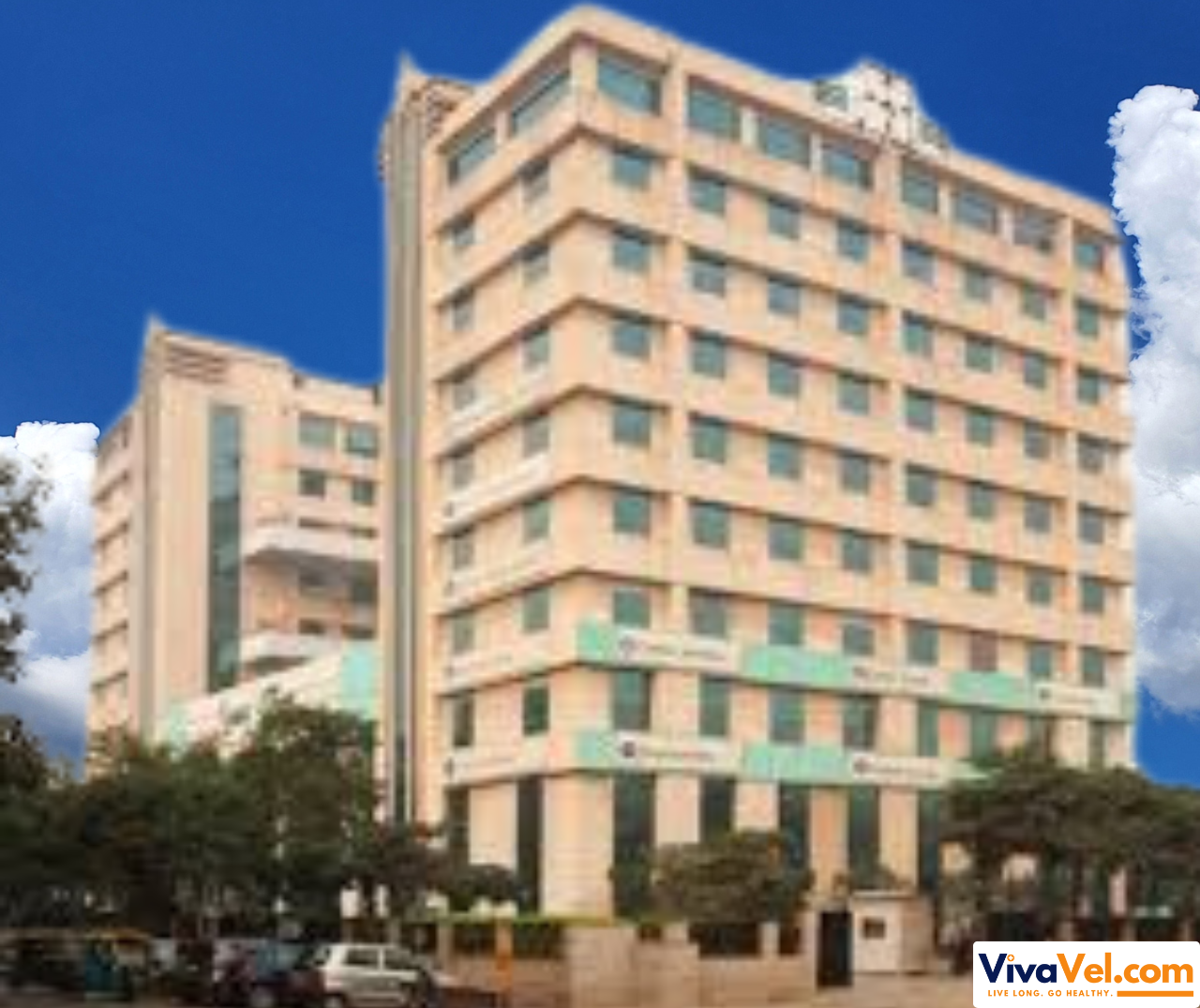


![]() Max Super Speciality Hospital, 108A, I.P Extension, Patparganj, New Delhi, Delhi, 110092, India
Max Super Speciality Hospital, 108A, I.P Extension, Patparganj, New Delhi, Delhi, 110092, India
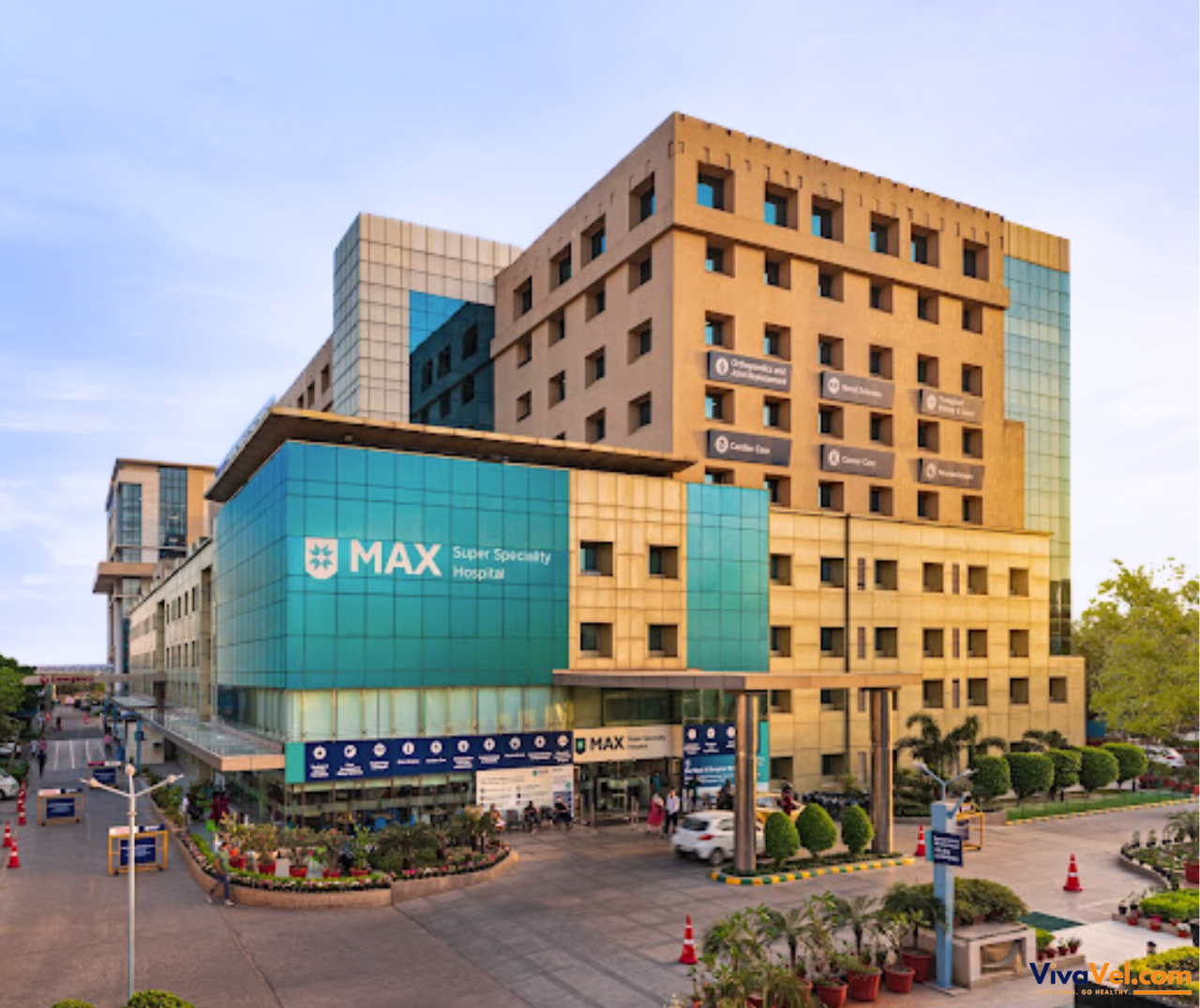


![]() Near Radisson Blu Hotel, Sector 1, Vaishali Ghaziabad, 201012 India
Near Radisson Blu Hotel, Sector 1, Vaishali Ghaziabad, 201012 India




![]() Pusa Road, Radha Soami Satsang, Rajendra Place New Delhi, 110005 India
Pusa Road, Radha Soami Satsang, Rajendra Place New Delhi, 110005 India
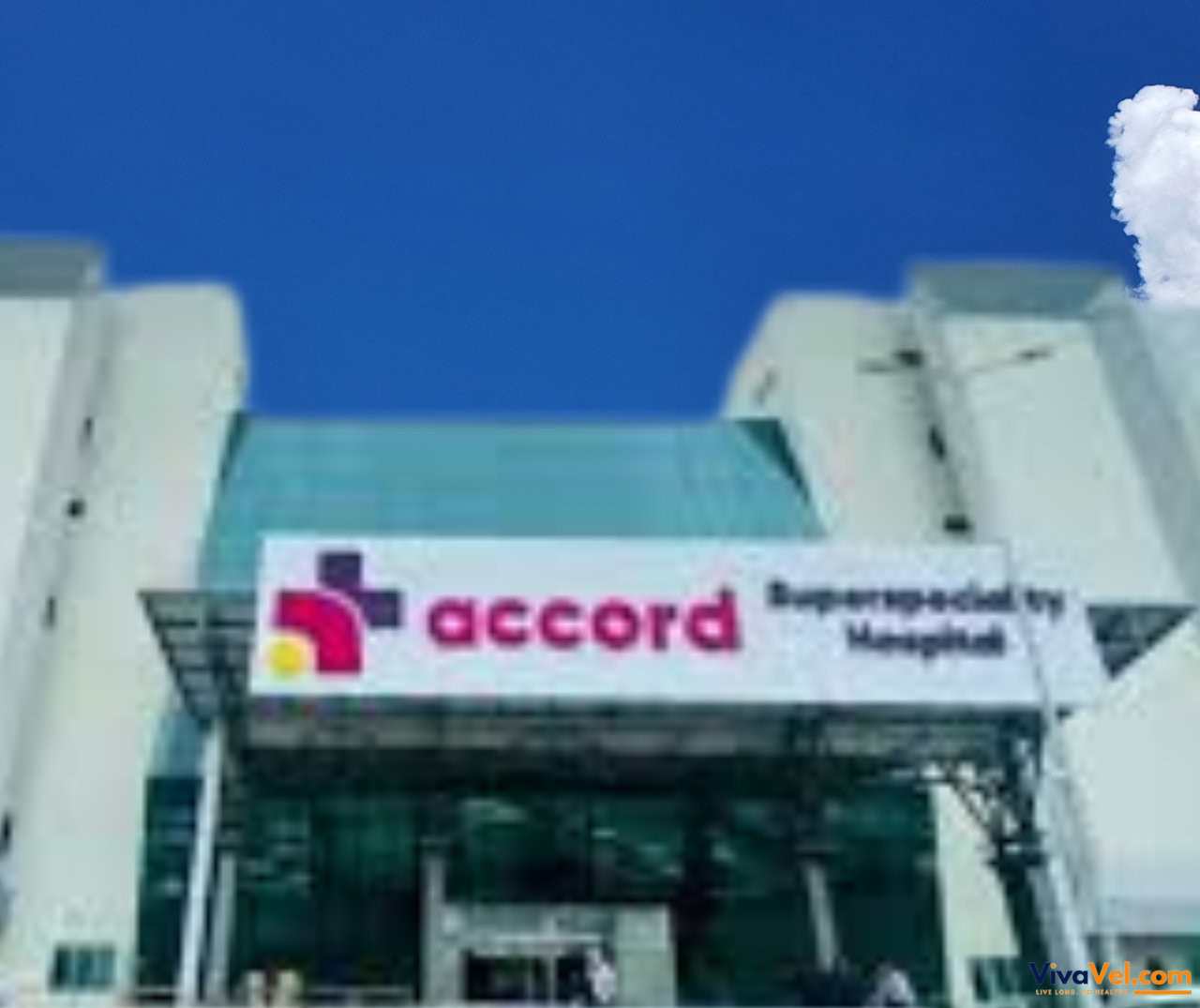


![]() Budena Village, Sector 86, Faridabad, Haryana 121002, India
Budena Village, Sector 86, Faridabad, Haryana 121002, India

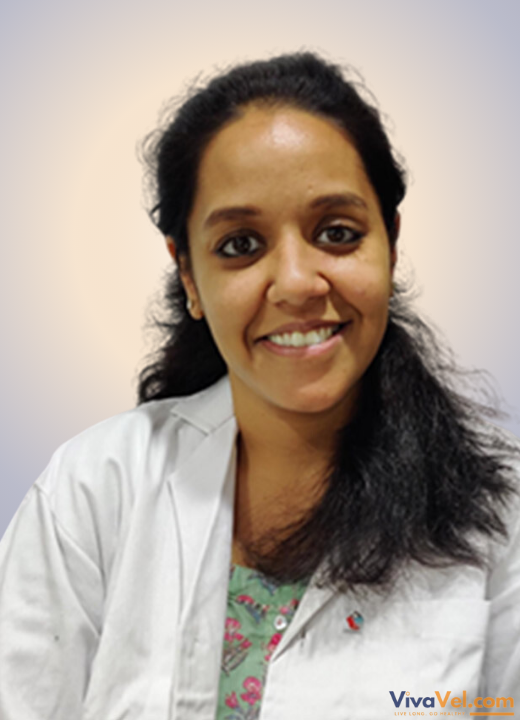
Dr. Pooja Agarwal stands out as one of the oncologists in Kolkata, specializing in breast cancer surgery. With over 10 years of experience, she has earned a reputatio...

Dr. Harsh Vardhan Atreya is a prominent Consultant Medical & Hemato-Oncologist specializing in Bone Marrow Transplantation. With training from esteemed institutio...
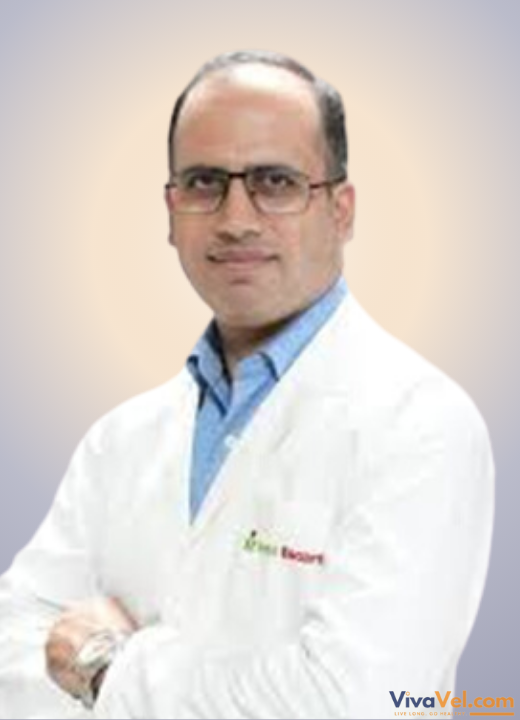
Dr. Imran Khan has joined Fortis Escorts in Okhla Road, New Delhi, as an Associate Consultant in Medical Oncology. He brings over 12 years of experience in oncology. ...
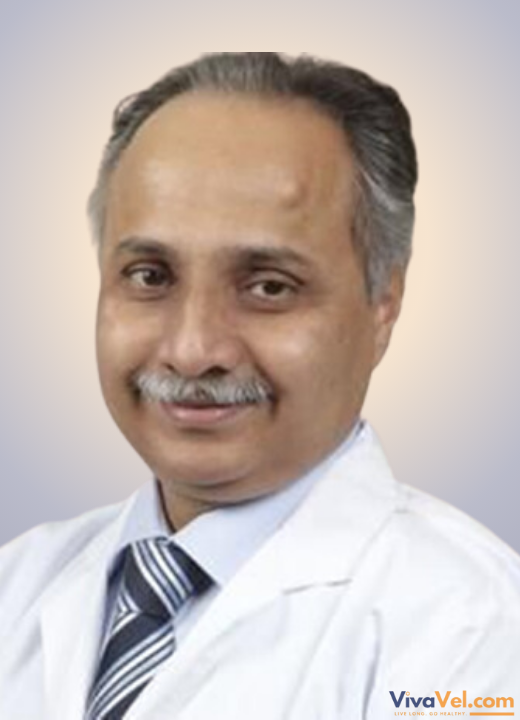
Dr. Harit K Chaturvedi heads the Max Institute of Cancer Care. He has been with Max Healthcare since 2009 and has worked hard to create one of the best cancer treatme...
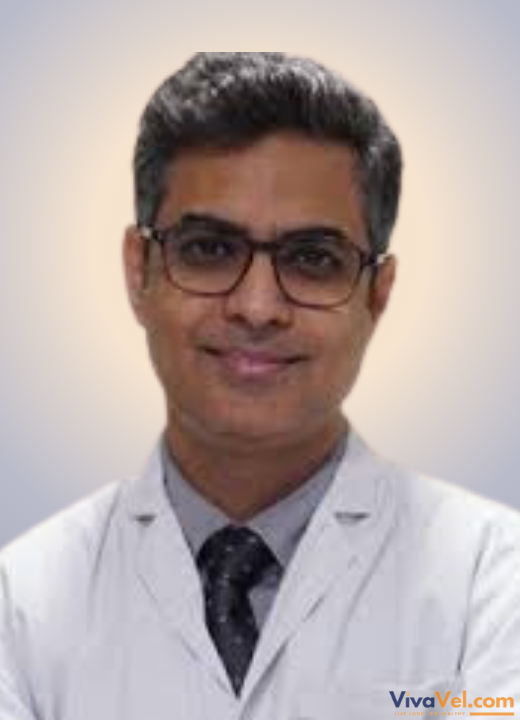
Dr. Asit Arora is a highly regarded Surgical Gastroenterologist specializing in Gastrointestinal and Hepat-pancreato-biliary (HPB) surgery. He is based in the Delhi N...

Dr. Nikhil Agrawal is a distinguished Gastrointestinal (GI) and Hepato-Pancreato-Biliary (HPB) Surgical Oncologist, serving as the Director of GI-HPB Surgery and Oncology at ...
Treatment Plan & Cost within 2 days
